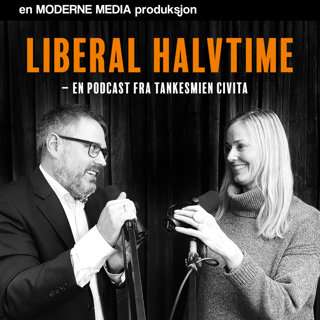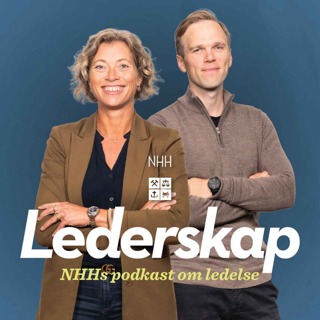
46: Comparing 2011 MBA Salaries
Based on offers made to our candidates in the Fall 2011 full-time recruiting, we present the ranges of packages offered. The sample size, 48, is large enough to offer a good approximation of all offer...
12 Des 201114min

45: Follow A Corporate Finance Study
An earlier podcast discussed a fairly labor-intensive case where we needed to literally roll-up our sleeves to find and extract data. This is the opposite engagement. It is the glamorous engagement al...
6 Des 201143min

44: Why Most Fail the FIT Interview Outside the FIT
Many, many see fit as just 15 minutes of the full case. That is a dangerous myth. You are always being assessed for fit, even when the formal fit portion has ended. Provided you understand this, you w...
30 Nov 201113min

43: BTO Applications and Interviews Strategies
This podcast addresses some of the common misconceptions candidates have, and the mistakes they routinely make for this McKinsey path. Many of this mistakes commonly arise due to the nature of the wor...
24 Nov 20117min

42: Traits of Successful Consulting Applicants
A continuation of a podcast series we regularly update which looks at new traits and examines some in greater detail. In this posting, we spend more time looking at experienced candidates. Experienced...
18 Nov 201118min

41: Canadian MBA Programs for Consulting
This podcast provides some behind the scenes numbers about MBA program in the Great White North, as well as some tough questions candidates should ask themselves before applying. The headline is that ...
12 Nov 201118min

40: Advice for Deeply Experienced Candidates
This podcast looks at the profile of an older MBA candidate who has extensive oil and gas expertise. We offer some counter-intuitive advice to this candidate for their career and planning. While we us...
6 Nov 201110min

39: Converting the internship
This podcast presents some proven strategies candidates can apply this summer. We will discuss actual internship examples from our own experiences in consulting firms, and the characteristics of the s...
31 Okt 201124min





















